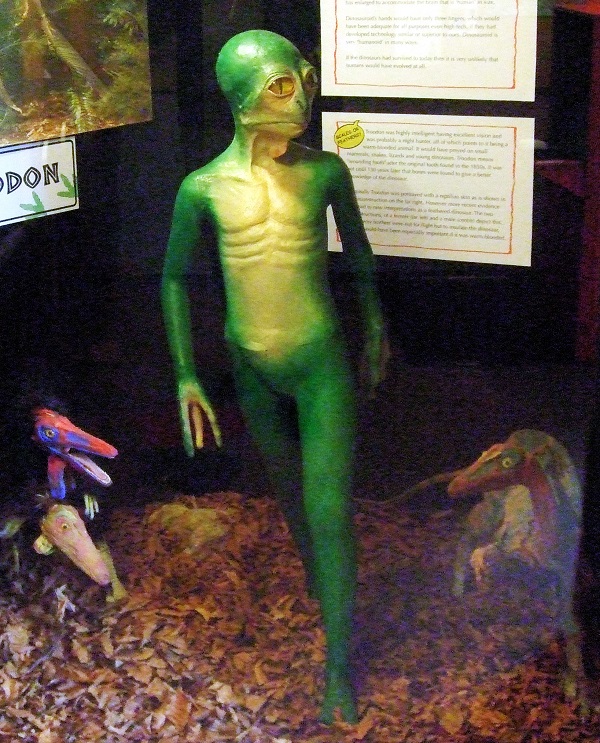The heavens are telling of the glory of God; And their expanse is declaring the work of His hands.
–Psalm 19:1
Lonely planet: It’s not a plaintive 1950s love song.
“Lonely planet” is the name given by scientists to a newly discovered type of planet which floats freely in the dark, without a star to go around.
A team of astronomers led by David Bennett of Notre Dame, using a 5.9-foot telescope in New Zealand, reported this week in the journal Nature that they had discovered ten of these mysterious planets, each about the size of Jupiter. These newly discovered planets are likely gaseous, and would most likely be inhospitable to life. Scientific projections suggest that if there are ten, there are most likely millions more—that in fact, they may be more numerous in the galaxy than the stars.
* * * * *
Juxtaposed against the news of this dramatic discovery is a report this week that astronomer Stephen Hawking once again pulled no punches in professing his atheism. “Heaven,” Hawking declared, “is a fairy story for people afraid of the dark.”
This is not the first time that the 69-year-old Hawking has veered off-course, spouting off not in the field of science, where he is eminently qualified, but in theology, where he has no more expertise than the rest of us (and considerably less expertise than some).
Hawking, who suffers from A.L.S., seems determined to prove that his disability does not force him to seek solace in religion; rather, he faces his mortality boldly, fearlessly, without the “crutch” of eternal happiness to comfort him.
Mark Shea blogs about this over at the National Catholic Register:
Now here’s the deal, kidz. When the subject is physics, Hawking is your man. He has forgotten more physics than most of us will ever know. But, if the subject is, say, how to costume the cast of “The Wiz,” or which sort of pipe to use to re-plumb your house, or how to deal with that drunken, swiving man of yours, or hot air ballooning, or, dare I say it, whether or not Heaven exists, Hawking has no more competence to speak than the veriest lush at the local bar (and sometimes even less if the lush happens to have training and experience in theatre costume design, plumbing, family therapy, hot air ballooning or philosophy and theology).
Read the rest of Mark Shea’s article to enjoy a belly laugh.
* * * * *
There was a time when I was reevaluating my own faith—pondering whether to simply continue in the Catholicism of my parents and my teachers, or whether to strike off in a new direction. My personal quest led me on a decade-long exploration of other churches and other worldviews. I’d love to tell you that I approached this study methodically and with a maturity beyond my years; but no, I coasted for a decade, scarcely bothering to ask the important questions.
But when I did have my great “Aha!” moment it was, at least in part, due to my casual study of astronomy.
I remember my awe at those stars—the same stars, the study of which Hawking has made his life’s work—and simply Knowing. To gaze upon those “billions and billions of stars,” as pop astronomer Carl Sagan used to say, and to imagine that they appeared by happenstance required more faith than I could muster. The much more logical position, I thought, was that they had been placed in the heavens by a Creator with an infinite intelligence and with an infinite sense of beauty.
One could find the same Divine Purpose in the mitochondria of mammalian lung tissue or the life cycle of the cabbage moth. For me, though, it was looking up and pondering the immensity of the heavens which stirred in my heart a profound amazement. In my deepest being, I knew that a great and mighty God had placed those stars and planets in the sky—and that He had placed each of us here on this particular planet—for a purpose.
* * * * *
In rejecting religion as superstition or wishful thinking, Stephen Hawking attempts to create an “Us vs. Them” dichotomy between science and faith.
In reality, no such dichotomy exists—and we need not choose whether to believe in science, or to believe in God. History is replete with scientists who were also men and women of faith. Copernicus, Galileo, Sir Isaac Newton and Albert Einstein come to mind, since Hawking writes in the realm of astronomical physics. I would add to that esteemed list Sir Francis Bacon, Johannes Kepler, Renee Descartes, Robert Boyle, Gregor Mendel, Michael Faraday, and Max Planck.
 The Catholic Church has always held in highest regard the pursuit of scientific inquiry, because through science one can grow in knowledge of God. It was in the Tower of the Winds, built between 1578 and 1580, that Vatican astronomers discovered that sunlight shining through a pinpoint-sized hole in the wall on the equinox did not reach a medallion on the floor, as expected; and that therefore, the Julian Calendar which was in use at the time was wrong. Based on their calculations, Pope Gregory the Great established the Gregorian Calender which we still use today.
The Catholic Church has always held in highest regard the pursuit of scientific inquiry, because through science one can grow in knowledge of God. It was in the Tower of the Winds, built between 1578 and 1580, that Vatican astronomers discovered that sunlight shining through a pinpoint-sized hole in the wall on the equinox did not reach a medallion on the floor, as expected; and that therefore, the Julian Calendar which was in use at the time was wrong. Based on their calculations, Pope Gregory the Great established the Gregorian Calender which we still use today.
Contemporary physicist Scott M. Tyson, in The Unobservable Universe: A Paradox-Free Framework for Understanding the Universe, writes,
…science oftentimes becomes blocked politically and socially not because the science contradicts religion, but because the argument is framed in an ‘us versus them’ context. We inadvertently challenge people to either believe in science or to believe in God, at the exclusion of the other. It’s an unreasonable and unnecessary position in which to place anyone.”
Blessed John Paul II, in his 1998 encyclical letter Fides et Ratio, describes Faith and Reason as:
Faith and reason are like two wings on which the human spirit rises to the contemplation of truth; and God has placed in the human heart a desire to know the truth—in a word, to know himself—so that, by knowing and loving God, men and women may also come to the fullness of truth about themselves.











